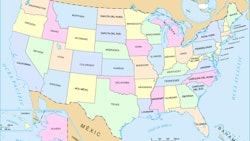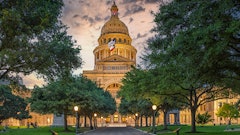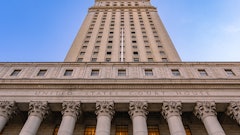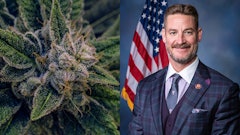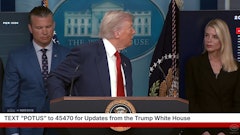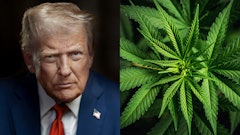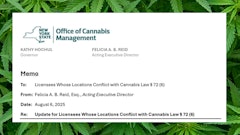Editor's Note: CBT just shared an article about Aurora, Colo., which reported that the town, which had initially banned marijuana businesses, was pleasantly surprised after embracing marijuana legalization and retail sales, partially because the city was guaranteed new tax revenue.
This tactic could work in Washington as well, which, according to this article from the Peninsula Daily News, has had more than 100 cities and counties ban pot businesses. It's difficult to comprehend how a voter-approved law would be banned by so many, especially knowing the tax revenue implications. But even in Colorado, "three-quarters of the state’s 271 cities ban marijuana businesses," reports the Peninsula Daily News.
An aside, if your city or county has banned marijuana businesses, they may not have final say in the matter. Check out attorney Michele Brooke's column for CBT, "How to fight a city ban on marijuana businesses."Â
SEATTLE – Washington legalized marijuana more than two years ago, but in much of the state, there’s still no place to get the sanctioned stuff: More than 100 cities and counties have banned pot businesses, making it tough to undermine the black market.
Lawmakers think they have at least a partial solution: paying the locals to let licensed weed come to town.
Under bills introduced in both houses in Olympia, the state would share a chunk of its marijuana tax revenue with cities and counties – but only if they allow approved marijuana businesses in their jurisdictions.
It’s an approach that has worked to some degree in Colorado, said Kevin Bommer, deputy director of the Colorado Municipal League.
“It definitely made a difference,” he said.
“Without it, you would not have as many municipalities in Colorado approving retail marijuana sales.”













